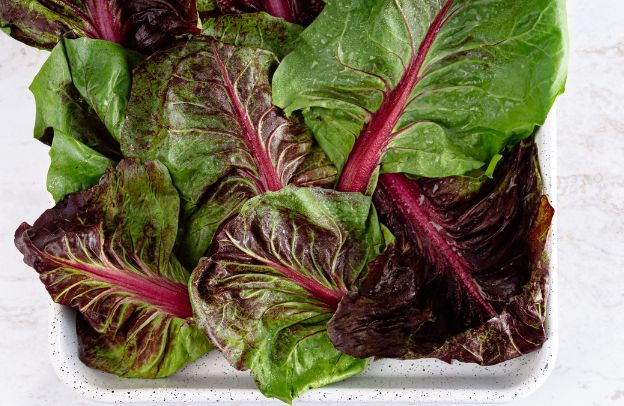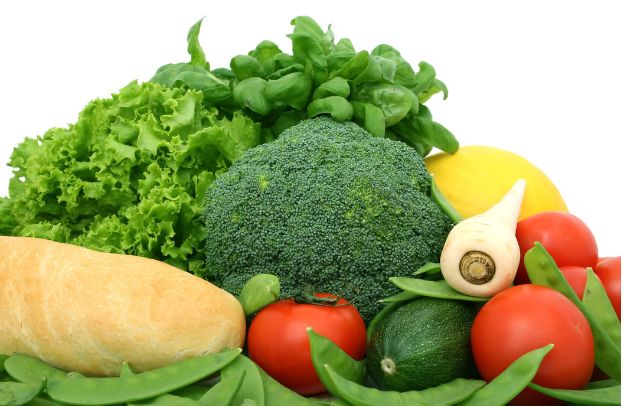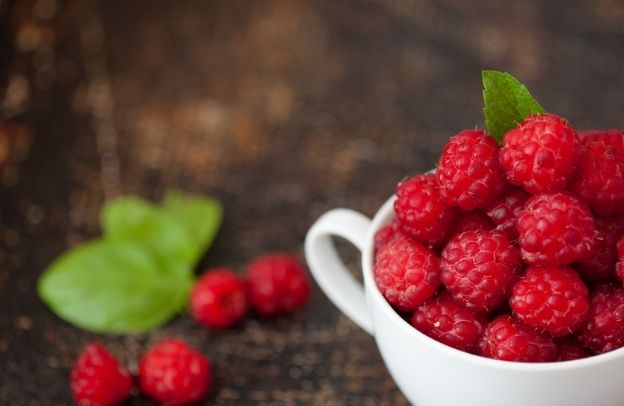In today’s fast-paced world, the quest for optimal health and nutrition has led many to explore the world of superfoods. These remarkable natural ingredients have gained popularity for their exceptional nutritional density and potential health benefits.
In this article, we’ll unveil the nutritional power of nature’s wonders, explore the science behind superfoods, delve into the top 10 superfoods, debunk common myths, and provide practical tips for incorporating these nutrient-packed foods into your diet.
What Are Superfoods?
Superfoods are nutrient-dense foods that offer a multitude of health benefits due to their rich content of vitamins, minerals, antioxidants, and phytochemicals. They have a long history of use in various cultures for their medicinal and nutritional properties.
Historical and Cultural Significance Throughout history, different civilizations have revered certain foods as superfoods, recognizing their potential to promote vitality and longevity. For example, the ancient Greeks considered honey a superfood for its healing properties.
Criteria for Classification as a Superfood To be classified as a superfood, a food must meet specific criteria, including a high nutrient-to-calorie ratio, the presence of unique health-promoting compounds, and scientific evidence supporting their benefits.
The Science Behind Superfoods
Superfoods are known for their exceptional nutritional density, which means they provide a high concentration of essential nutrients relative to their calorie content. This makes them ideal for promoting overall health and well-being.
Antioxidants and Their Role in Health: Many superfoods are rich in antioxidants, which help combat oxidative stress and reduce the risk of chronic diseases such as heart disease, cancer, and diabetes.
The Impact of Phytochemicals: Phytochemicals are natural compounds found in superfoods that offer numerous health benefits, including anti-inflammatory and immune-boosting effects.
How Superfoods Contribute to Overall Well-Being Superfoods can enhance various aspects of health, from supporting brain function and heart health to improving digestion and promoting healthy skin. Their diverse benefits make them valuable additions to any diet.
The Top 10 Superfoods to know about
- Blueberries: The Brain Boosters – Blueberries are packed with antioxidants and nutrients that support brain health, improve cognitive function, and protect against age-related cognitive decline.
- Kale: The King of Greens – Kale is a nutrient powerhouse rich in vitamins, minerals, and fiber. It’s known for its anti-inflammatory properties and can be incorporated into salads, smoothies, and even kale chips.
- Quinoa: The Protein-Packed Grain – Quinoa is an excellent source of plant-based protein, making it a staple for vegetarians and vegans. It’s also gluten-free and packed with vitamins and minerals.
- Salmon: The Heart-Healthy Fish – Salmon is a fatty fish that’s rich in omega-3 fatty acids, which are essential for heart health and reducing inflammation.
- Chia Seeds: The Tiny Nutritional Powerhouses – Chia seeds are high in fiber, omega-3s, and antioxidants. They can be added to yogurt, and smoothies, or used as an egg substitute in baking.
- Acai Berries: The Amazonian Superfruit – Acai berries are bursting with antioxidants and are believed to boost energy levels, support weight management, and promote skin health.
- Spinach: Popeye’s Secret Weapon – Spinach is a versatile leafy green packed with iron, vitamins, and minerals. It’s essential for maintaining strong bones and overall vitality.
- Turmeric: The Golden Spice – Turmeric contains curcumin, a potent anti-inflammatory compound with various health benefits. It’s often used in curries and can be added to smoothies or taken as a supplement.
- Almonds: The Versatile Nut – Almonds are a rich source of healthy fats, protein, and fiber. They make a convenient and satisfying snack while providing numerous health benefits.
- Greek Yogurt: The Probiotic Powerhouse – Greek yogurt is packed with probiotics that support digestive health and provide a rich source of protein. It can be a delicious base for smoothie bowls or enjoyed with fruits and honey.
Incorporating Superfoods into Your Diet
Incorporating superfoods into your diet is a great way to boost your nutrient intake and promote overall health. Here are three ways to do it:
Smoothie Additions:
- Green Smoothie: Add leafy greens like kale or spinach, along with superfoods like chia seeds, flaxseeds, spirulina, and berries to your morning smoothie. This is an easy and delicious way to incorporate multiple superfoods at once.
- Acai Bowl: Blend acai berries (a superfood rich in antioxidants) with banana and a splash of almond milk, then top it with granola, fresh fruits, and a drizzle of honey for a nutrient-packed breakfast or snack.
Salad Boosters:
- Quinoa Salad: Use quinoa (a superfood grain) as the base for your salad instead of regular lettuce or pasta. Add in ingredients like avocado, nuts, seeds, and a variety of colorful vegetables to create a superfood-packed meal.
- Kale Chips: Make your own kale chips by tossing kale leaves with olive oil and your favorite seasonings, then baking them until crispy. These make for a healthy and crunchy superfood snack.
Snack and Meal Enhancements:
- Chia Pudding: Create a chia seed pudding by mixing chia seeds with almond milk and sweeteners like honey or maple syrup. Top it with berries, nuts, and a sprinkle of cinnamon for a nutritious dessert or breakfast option.
- Superfood Toppings: Sprinkle superfoods like hemp seeds, goji berries, or cacao nibs on top of your yogurt, oatmeal, or cereal to give your regular snacks a nutritional boost.
- Turmeric in Cooking: Incorporate turmeric (a potent superfood with anti-inflammatory properties) into your savory dishes by adding it to soups, stews, curries, and even scrambled eggs.
To learn more, see “10 superfoods to add to your diet for better health”, an article by Stefano Mirabello, available at Nowpatient.com. Remember to balance your diet with a variety of superfoods to ensure you get a wide range of nutrients. Superfoods are most effective as part of a well-rounded and balanced diet.
Superfoods for Specific Health Goals
Weight Management with Superfoods: Discover which superfoods can aid in weight management and learn how to use them effectively.
Superfoods for Better Digestion: Explore superfoods that support digestive health and learn how to create a gut-friendly diet.
Superfoods and Skin Health: Learn how specific superfoods can promote radiant and healthy skin from within.
Superfoods for Immune Support: Discover immune-boosting superfoods that can help strengthen your body’s defenses.
Conclusion
In harnessing the nutritional power of superfoods, we embark on a journey toward better health and vitality. By embracing these natural wonders and incorporating them into our diets, we can take proactive steps to enhance our well-being.
However, it’s essential to approach superfoods with a balanced perspective, understanding their benefits and limitations. With knowledge and mindful choices, we can unlock the full potential of nature’s superfoods and pave the way to a healthier future.







